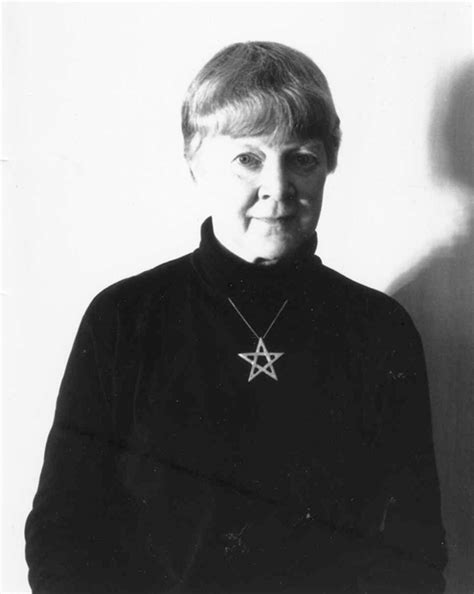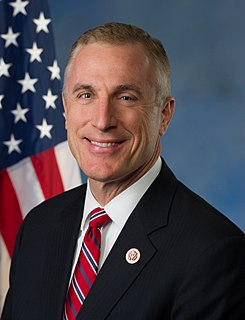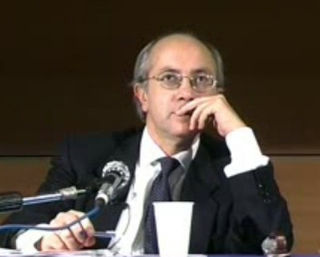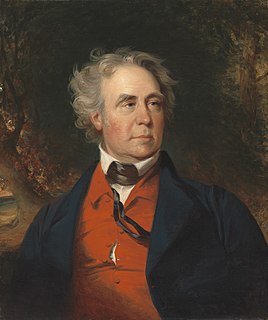A Quote by Barbara G. Walker
The very fears and guilts imposed by religious training are responsible for some of history's most brutal wars, crusades, pogroms, and persecutions, including five centuries of almost unimaginable terrorism under Europe's Inquisition and the unthinkably sadistic legal murder of nearly nine million women. History doesn't say much very good about God.
Related Quotes
Now that they talk about Islam as being a violent faith, when you look at the history of Christendom, the Crusades and the many wars of religion that were fought, the cruelty of Christians in burning what they believed to be witches and burning heretics, and then very recently they were responsible for the Holocaust... it was Christians.
I prize my own independence too much. And philosophically, I could never accept any rigid dogma or ideology, whether it's Christianity or Marxism…The greatest crimes in history have been perpetrated by such religious and political and racial fanatics, from the persecutions of the Inquisition on down to Communist purges and Nazi genocide.
There is, for instance, only one page at the beginning of Runciman's three-volume History of the Crusades describing how the participants decided to begin four hundred years of wars, and then several thousand pages devoted to the routes, battles and other events which make up the "history" of the Crusades.
Muslims are very keenly aware of the history of their community, of the history of that relationship between their community and the rest of the world. And they have had this all through the centuries and are very much heightened by modern communications. I mean now you have Muslims in the Muslim world who can compare their situations with people elsewhere and they find that very humiliating.
Among all the religious persecutions with which almost every page of modern history is stained, no victim ever suffered but for violation of what Government denominated the law of God. To prevent a similar train of evils in this country, the Constitution has wisely withheld from our Government the power of defining the divine law.


































